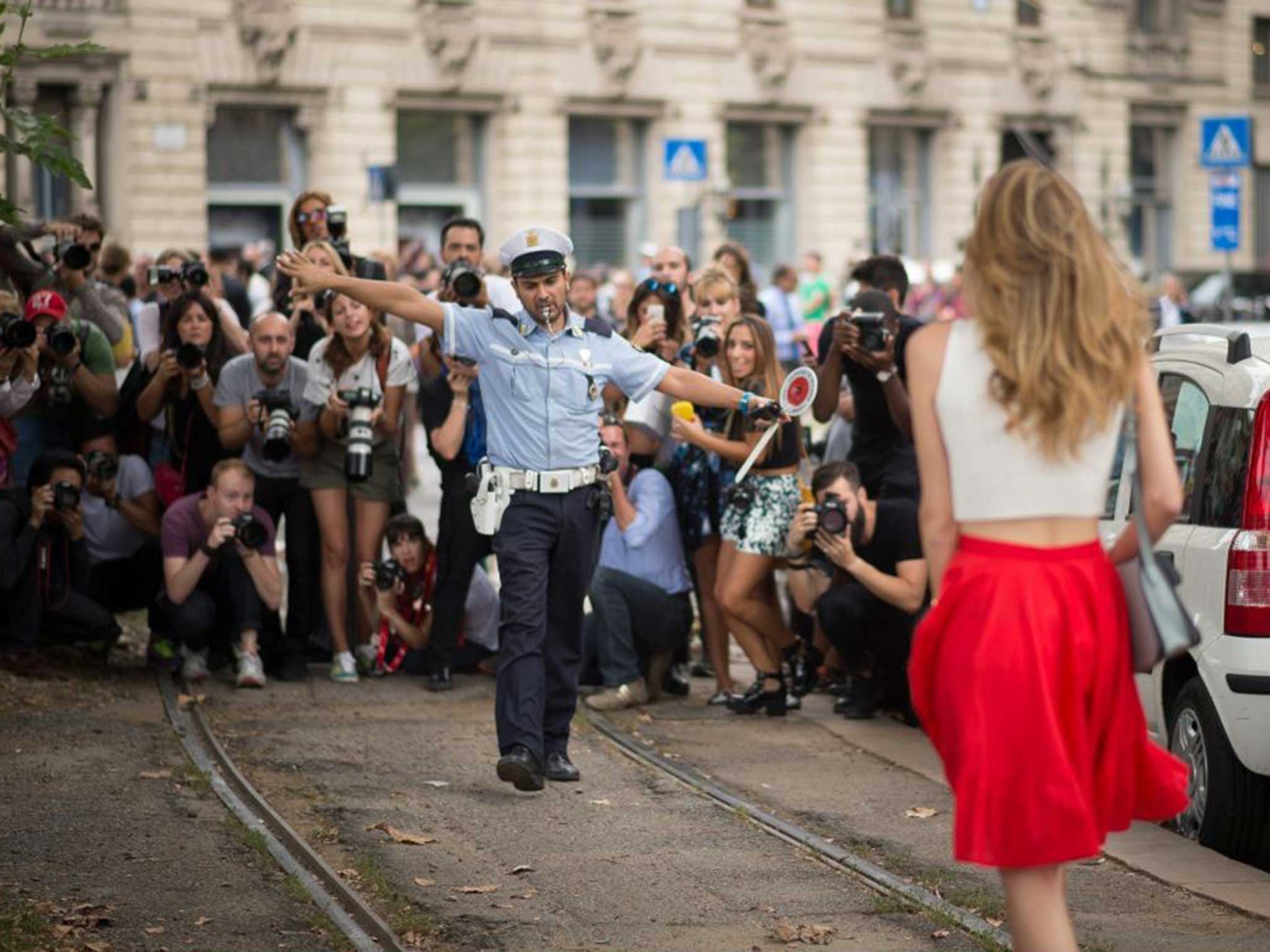Texas court throws out anti-'upskirt' photography law for 'violating right to freedom of expression'
Judges criticised what they called a 'paternalistic' intrusion

Your support helps us to tell the story
From reproductive rights to climate change to Big Tech, The Independent is on the ground when the story is developing. Whether it's investigating the financials of Elon Musk's pro-Trump PAC or producing our latest documentary, 'The A Word', which shines a light on the American women fighting for reproductive rights, we know how important it is to parse out the facts from the messaging.
At such a critical moment in US history, we need reporters on the ground. Your donation allows us to keep sending journalists to speak to both sides of the story.
The Independent is trusted by Americans across the entire political spectrum. And unlike many other quality news outlets, we choose not to lock Americans out of our reporting and analysis with paywalls. We believe quality journalism should be available to everyone, paid for by those who can afford it.
Your support makes all the difference.A Texas court has thrown out a law prohibiting ‘up the skirt’ photography, on the grounds the previous ruling violated Texas’ citizens’ constitutional right to freedom of expression.
The Texas Court of Appeals ruled 8-1 to strike down part of a law which bans taking images of another person in public without their consent and with the intention to “arouse or gratify the sexual desire of any person”, criticising the “paternalistic” intrusion into peoples’ private right to be aroused.
Debjani Roy, deputy director of Hollaback!, a New York-based anti-street harassment group, speaking to the Guardian, claimed the decision was “a huge violation and absolutely appalling that the rights of predators are being valued over the rights of women and girls.”
Halie Ricketts, a victim of an ‘up the skirt’ shot in an Austin mall earlier this year, commented: “Currently the law is protecting the criminals and not the victims”.
The individual, who Ms Ricketts claims stuck a camera up her skirt and took a photograph, has not been charged.
The judges’ decision, released on Wednesday, said “photographs and visual recordings are inherently expressive”, as is the process creating them, ensuring their protection under the First Amendment.
Presiding judge Sharon Keller explained: “Protecting someone who appears in public from being the object of sexual thoughts seems to be the sort of ‘paternalistic interest in regulating the defendants mind’ the First Amendment was designed to guard against.”
The ruling stemmed from the arrest of a man in his 50s named Ronald Thompson, who was stopped by police officers alerted by concerned parents in SeaWorld, San Antonio in 2011. Officers later found 73 images of children in swimsuits after confiscating his camera.
The prosecution said lawbreakers could not hide behind a freedom of speech defence, claiming photography was a technical process not covered by a constitutional right.
However, lawyers for Mr Thompson argued the above-mentioned law was “the stuff of Orwellian ‘thought-crime’”.
They claimed the legislation failed to distinguish between ‘up the skirt’ photography and taking an image of a girl walking down the street – suggesting it could be used to criminalise paparazzi photojournalists.
Mr Thompson was indicted by a grand jury on 26 felony counts of improper photography.
Join our commenting forum
Join thought-provoking conversations, follow other Independent readers and see their replies
Comments